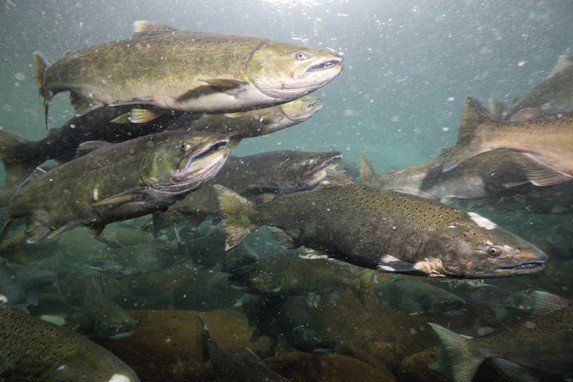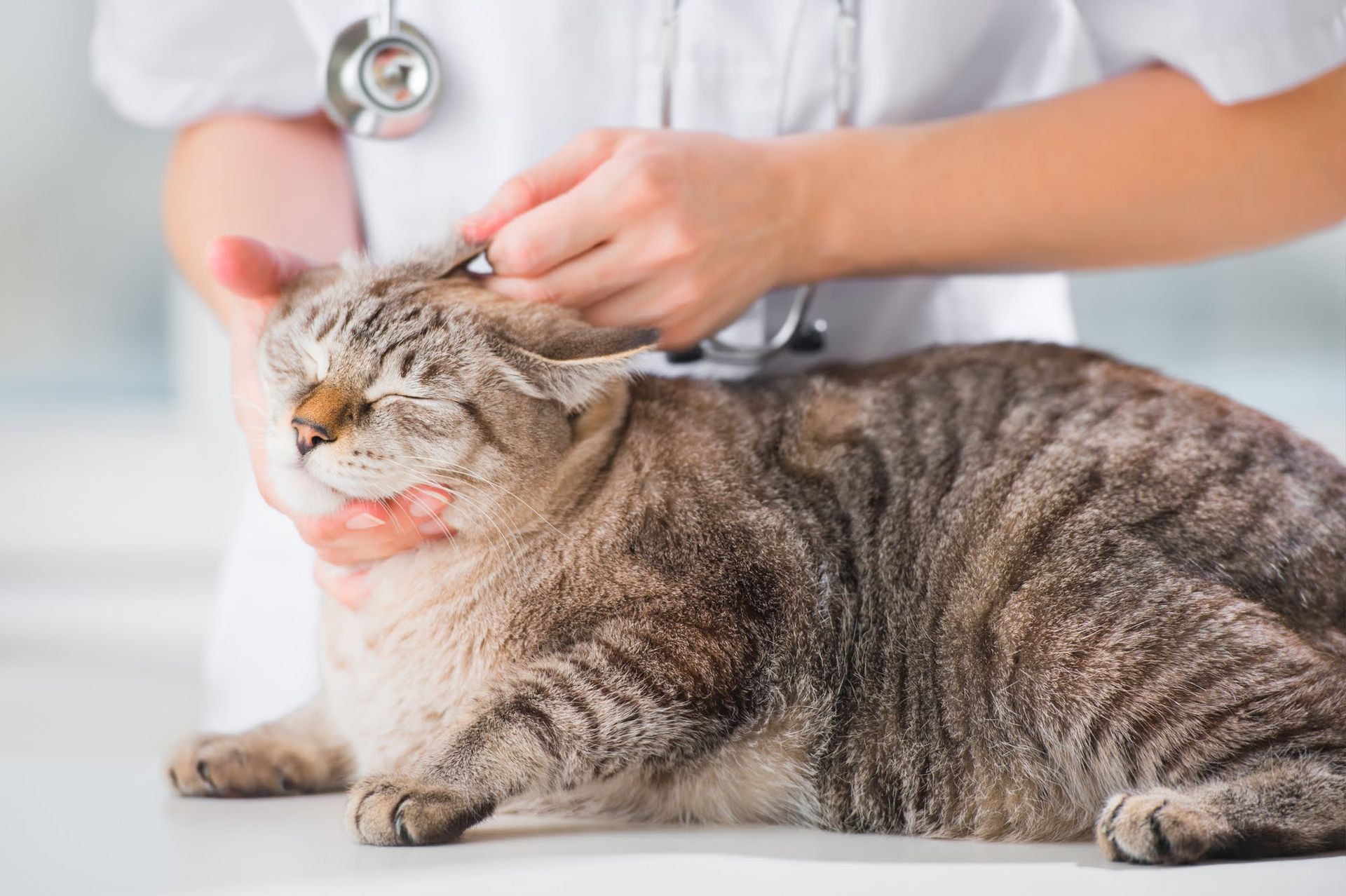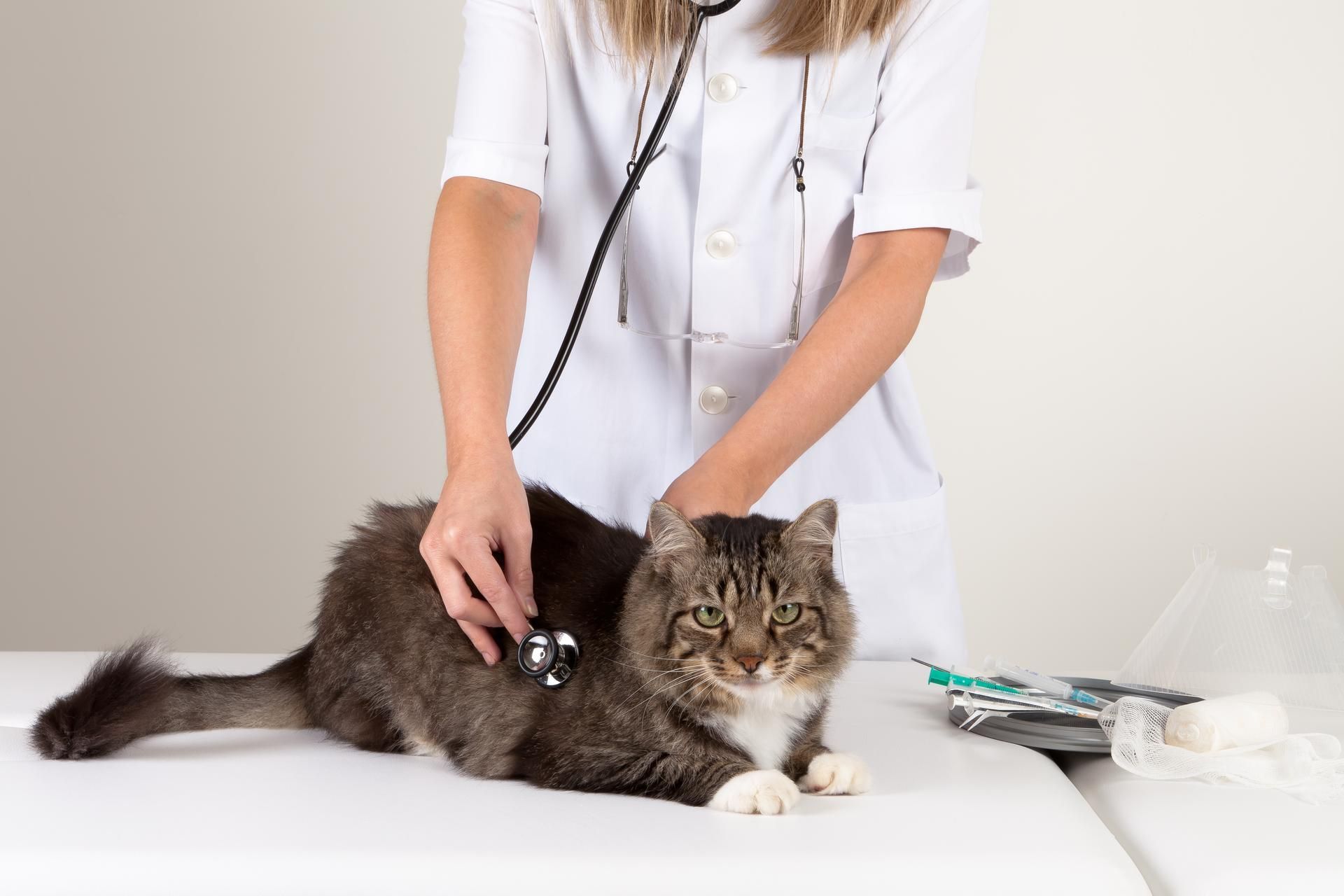A Seattle Dog Owner's Guide to Salmon Poisoning

The Seattle area offers a lot of great fishing opportunities, especially for big catches like salmon and trout. Fishermen may enjoy bringing their canines with them on the journey, but you must keep a watchful eye on the dog and the fish they might consume. If a dog ingests raw or undercooked fish, then they could be at risk for a disease known as salmon poisoning.
Salmon poisoning in dogs is not something to take lightly. The disease almost always causes an emergency room visit and urgent treatment from a vet. Follow this guide to learn more about salmon poisoning, the signs to look for, and how to help your dog recover.
What Causes Salmon Poisoning?
Salmon poisoning gets its name from the fish which will most commonly transfer the disease to dogs. When a dog eats raw or undercooked salmon, the fish may have a flatworm known as the Nanophyetus salmincola. Commonly referred to as a fluke, the parasite can quickly gain access to a dog's stomach and intestines.
While the same parasite does not typically harm humans or other animals like cats, the presence could be lethal in dogs due to a bacteria found in the parasite. The bacteria quickly spread and can cause fatal issues in the dog's bloodstream and stomach. Along with salmon, the flatworm is present in other fish from the Seattle area like trout or steelhead.
As a precaution, avoid feeding your dog any uncooked fish you catch on fishing trips. Even something like a dog carrying a fish in its mouth could result in a transfer of the parasite.
Can Dogs Get Salmon Poisoning From Animals Other Than Fish?
While a majority of the time, a dog will contract fluke from fish, there is one other creature pet owners should be aware of. The Pacific giant salamander is also a carrier of the fluke and presents a risk to dogs. Curious dogs who enjoy a taste of everything may find themselves in an encounter with a Pacific giant salamander.
Do not let a dog eat or chew one of the salamanders, whether the animal is alive or dead. The salamanders are known to eat baby trout, which may be one of the reasons why they contract the parasite and could easily transfer the parasite to dogs.
What Are Some Signs of Salmon Poisoning?
Knowing your dog's behavior is one of the easiest ways to connect possible poisoning and symptoms. The symptoms can vary in dogs and also match up with other stomach illnesses. For example, a dog may have a loss of appetite, frequently vomit, or have stool issues like diarrhea. Your dog might also have swollen lymph nodes which you can feel.
If your dog has salmon poisoning and exhibits stool issues, you may notice eggs of the fluke in the stool itself. The eggs could look like tiny seeds in the dog's stool. Some of the more extreme symptoms to look for include pus in the eyes, extreme weakness, or seizures.
Ideally, you want to bring a dog to emergency room as soon as possible. From there, a vet will do a full physical exam and then run some blood work to determine the current health of the dog. The history of the dog's recent actions will help confirm a vet's diagnosis, but if you are unsure about the consumption of raw fish, then a vet could perform a lymph node needle biopsy.
The biopsy will include a look under the microscope to see if the parasite or bacteria is present. From there, a vet can work on treatment options.
What Happens If I Leave My Dog Untreated?
Typically, treatments will include antibiotics to fully remove the fluke from the body. A dog may take other medicines to help kill off the parasite’s bacteria and reduce the symptoms of infection. In extreme cases, a dog may be kept at the hospital for full treatment and evaluation. A dog may need a steady flow of fluids to stay hydrated.
The loss of blood through the stool or urine could result in the need for a blood transfusion as well. A vet will determine the best cause of action. If left untreated, a dog's body cannot heal or pass the parasite on its own. The parasite will grow, eggs will hatch, and symptoms will worsen.
In most cases, an untreated dog could die from the parasite in just two weeks. You do not want to wait, because a dog will go through extreme pain as they suffer from the parasite. An emergency vet can see your dog at a moment's notice and begin the treatment process right away. Recovery may take a few weeks until the dog seems like their old self again.
For more information on our vet services and salmon poisoning, contact us at South Seattle Veterinary Hospital. Our vets can answer any questions you have and perform a full evaluation if you believe your dog has ingested any form of raw fish in recent days. With the information and precautions, you can enjoy fishing with your dog more and more.











